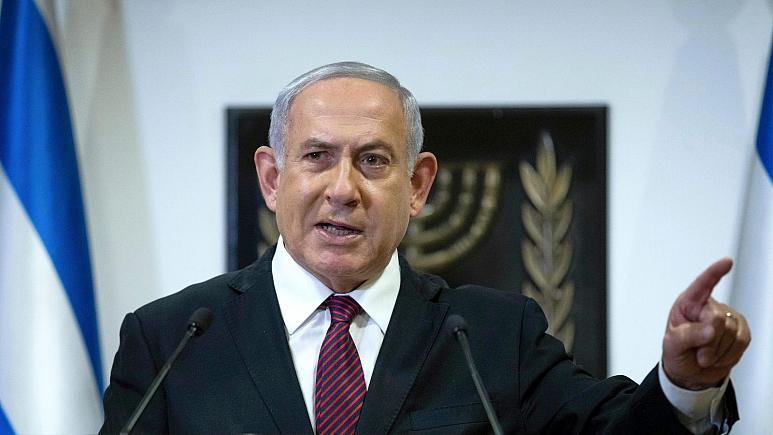In his interview with SCFRonline, Ghassem Moheb-Ali said about the decision made by Reuven Rivlin, president of the Zionist Regime to appoint Yair Lapid leader of the moderate party Yesh Atid to form his cabinet:” since Benjamin Netanyahu did not win necessary seats in the recent Knesset election, it was predictable that he would be unable to form his cabinet and his rivals were not ready to make a coalition with him. Thus Netanyahu lost his four-week time to form cabinet”.
Moheb-Ali further emphasized:” Now, Lapid has been given four weeks time beginning from May 5, 2021, to form his cabinet. However, it is not clear if he can win the necessary support and manage to form cabinet”.
Moheb-Ali said about the political future of Netanyahu as such: “ in view of Netanyahu’s situation inside Israel, either for his corruption cases or the new president in the White House ever-since Joe Biden took office, he has no chance to remain in the political scene as the prime minister”.
The expert further added: “it can not be definitely said that Netanyahu would quit the politics”.
Commenting on What will happen if Lapid can not manage to form a cabinet? Moheb-Ali said:” the president should nominate another person or hold a new election”.
On the process of how to form a cabinet and elect the prime minister, the middle-east expert said:” at the first stage, the president will nominate the leader of the party who won the largest number of seats to form a cabinet. If he/she fails, the president would suggest the same to the leader of the second-largest party at Knesset”. He further continued:” As we witnessed, neither Netanyahu nor Lapid could enjoy the majority seats to form a cabinet, thus, they have to make a coalition. Now, Lapid’s party should make coalition either with Netanyahu or smaller parties to win more than 60 seats and form cabinet”. Moheb-Ali believes, such a cabinet when formed, is fragile and vulnerable. So, it seems unlikely to remain in power for long. Referring to a conceivable coalition with Netanyahu, Moheb-Ali said a national unity government can be formed. He explained if this happens, then the premiership post must be on a mutual agreement basis, i.e. either on a periodical basis or like the last time when Beni Gantz, offered the premiership to Netanyahu and he assumed the Minister of Defence. This may happen again that if the coalition is made with Likud, Lapid may offer the premiership to Netanyahu. The expert pointed out that with president Biden at the White House and Netanyahu’s financial corruption cases, it seems unlikely that he becomes prime minister again.
However, Moheb-Ali said if cabinet forming is prolonged and the situation in the occupied territories suspended, Netanyahu may probably continue his policies against Iran and Arab countries.
Commenting on the role of Palestinian Arabs in cabinet forming, the expert said: “ if they vote for Mr Lapid, Netanyahu will be forced to leave the stage. He further emphasized:” Jews seem not to bow to the demands of Palestinian Arab Muslims and it will be difficult for Jews to compromise with them”.
The expert continued:” less probably, if Mr Lapid makes coalition with Arab Muslims, he will naturally adopt more moderate policies on Palestinians and he must give them concessions to enable Arabs to justify their coalition with Jewish parties and probable new prime minister”.
The expert commented finally on President Biden’s policies on Palestine as saying: “ if the future cabinet to be formed is close to Washington policies, then it will leave a great influence on the regional policies of TelAviv. Because, unlike Trump, Biden is in favour of the two states of Palestine and Israel. In the meantime, he does not support the further inclusion of Palestinian territories to Israel and shows no interest in crisis building of Israeli regime in the region”.










0 Comments